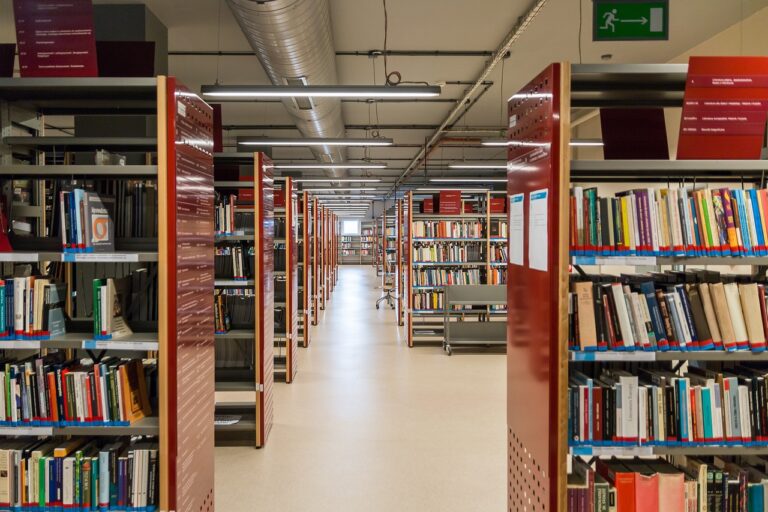Exploring Experiential Learning Opportunities for Students
Experiential learning offers students the invaluable opportunity to apply theoretical knowledge in real-world settings. By actively engaging in hands-on experiences, students can deepen their understanding of concepts and develop practical skills that are essential for their future careers. This type of learning encourages critical thinking, problem-solving, and decision-making, leading to a more well-rounded and competent individual.
Furthermore, experiential learning fosters personal growth and self-confidence in students. Through facing challenges and overcoming obstacles in real-life scenarios, individuals are able to boost their self-esteem and belief in their abilities. This sense of accomplishment not only enhances their motivation to learn but also prepares them for the demands of the professional world by instilling a strong sense of resilience and adaptability.
– Experiential learning allows students to apply theoretical knowledge in real-world settings
– Hands-on experiences deepen understanding of concepts and develop practical skills
– Encourages critical thinking, problem-solving, and decision-making
– Fosters personal growth and self-confidence in students
– Facing challenges boosts self-esteem and belief in abilities
– Sense of accomplishment enhances motivation to learn
Types of Experiential Learning Opportunities Available
Experiential learning offers a variety of opportunities for students to gain practical knowledge and skills outside the traditional classroom setting. One common type of experiential learning is internships, where students work in real-world environments to apply their classroom learning and develop professional skills. Internships provide valuable insights into industries, enhance resumes, and foster valuable connections with professionals in the field.
Another popular form of experiential learning is service-learning projects, where students engage in community service activities to address real-life challenges. These projects not only allow students to make a positive impact on society but also help them develop empathy, leadership skills, and a sense of social responsibility. Service-learning experiences enable students to connect with diverse communities, broaden their perspectives, and cultivate a sense of civic engagement.
How Experiential Learning Enhances Skill Development
Experiential learning provides students with valuable opportunities to apply theoretical knowledge in real-world settings. By engaging in hands-on activities and projects, students develop critical thinking skills, problem-solving abilities, and creativity. This practical experience allows them to deepen their understanding of concepts and gain a deeper appreciation for the subject matter.
Moreover, experiential learning fosters the growth of soft skills such as communication, teamwork, and adaptability. Through collaborative projects and interactions with peers, students learn to effectively communicate their ideas, work cooperatively towards common goals, and adjust to changing circumstances. These essential skills are highly sought after by employers and play a crucial role in students’ overall academic and professional success.
What are some of the benefits of experiential learning for students?
Experiential learning helps students develop real-world skills, gain practical experience, improve problem-solving abilities, and enhance critical thinking skills.
What types of experiential learning opportunities are available to students?
Some examples of experiential learning opportunities include internships, co-op programs, service-learning projects, study abroad programs, and hands-on workshops.
How does experiential learning enhance skill development?
Experiential learning allows students to apply theoretical knowledge in a real-world context, leading to the development of practical skills, critical thinking abilities, and problem-solving skills. It also helps students build confidence and adaptability in various situations.







